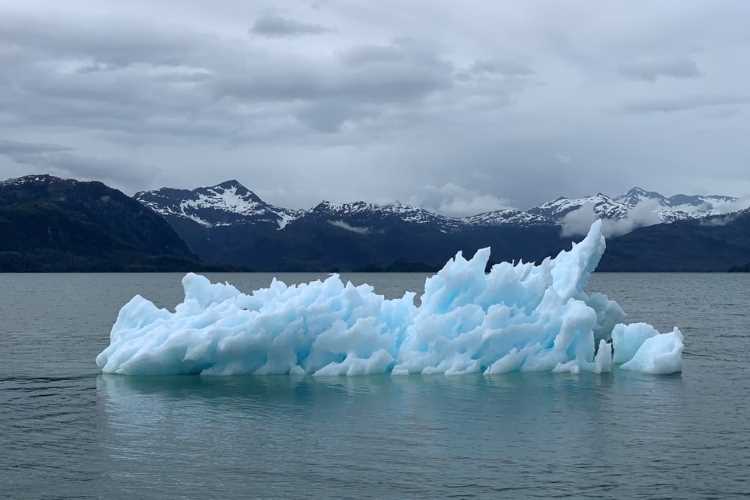Almost the entire world has committed to limiting the average rise in global temperature to 1.5% above pre-industrial levels, but the latest climate predictions by the World Meteorological Organisation see the mean temperature exceeding this limit in at least one of the next five years.
The Global Annual to Decadal Climate Update that offers an outlook for the five years to come will be updated every year. The update prepared by a team led by British Met Office offers actionable inputs for policy makers across the world. The models used for the forecast do not factor in the fall in emissions this year due to the coronavirus lockdown.
READ I Different strokes: Decoupling government policy on air pollution and climate change
All members of the United Nations Framework Convention on Climate Change (UNFCCC) are party to the Paris Agreement that agrees to limit the increase in global average temperature in this century to below 2 °C above pre-industrial levels. The agreement has further agreed to pursue efforts to limit the threshold to 1.5 °C. The agreement signed in 2016 has recognised that limiting the temperature increase will reduce the risks of climate change.
The annual mean global temperature in each of the next five years may be at least 1° Celsius above pre-industrial levels, according to the WMO forecast. The last five years have been the warmest in recorded history. The forecast factors in the natural variations as well as human influences on climate to indicate temperature, rainfall and wind patterns.
READ I Electric vehicles: India on Mission Catch-up against odds
“This study shows… the enormous challenge ahead in meeting the Paris Agreement on Climate Change target,” said WMO secretary-general Petteri Taalas. He said the fall in emissions due to the industrial and economic slowdown from the COVID-19 pandemic will not lead to a reduction of CO2 levels.
Climate prediction groups from Spain, Germany, Canada, China, USA, Japan, Australia, Sweden, Norway and Denmark also contributed to the WMO forecast.
Some other predictions by WMO
- There is a 20% chance that one of the coming five years will be 1.5°C hotter than pre-industrial levels.
It is unlikely that the average temperature for the next five years will be 1.5°C hotter. - Almost the entire globe barring parts of southern oceans will be warmer than the recent years.
- High latitude regions may witness more rains than the recent past while the northern and eastern regions of South America may be dryer.
- Land areas in the Northern Hemisphere may be hotter by over 0.8°C this year.
READ I India’s coal mining reforms: One step forward, two steps back
Environment scientists have pointed out some technical issues about the 1.5C limit set by the Paris Agreement, the most important being the “pre-industrial” baseline is not clearly defined. Most studies including the current one by WMO compare the current temperatures with the average of 1850-1900 period. Experts point out that large-scale use of fossil started a century earlier, but the current baseline is used because of non-availability of climate data the early industrial revolution period.

